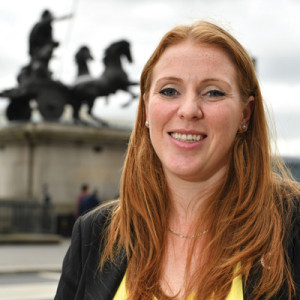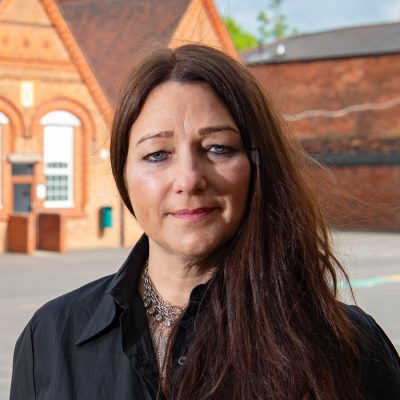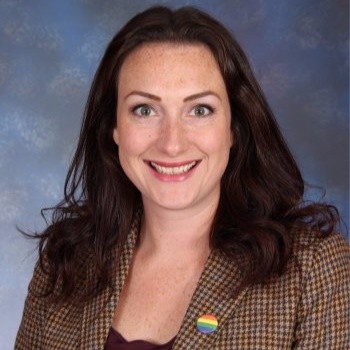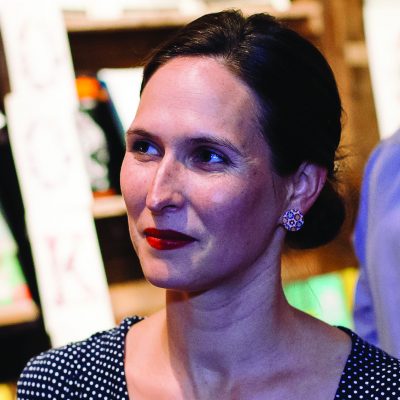Publisher
ISBN 10
Are you wondering which books to read on your summer break? We asked six people in the education field to recommend two books (one ‘work’ and one ‘play’) that they’ve particularly enjoyed over the past 12 months.
Reviewer: Damian Hinds, education secretary
Jane Eyre by Charlotte Bronte, Penguin Books

Jane Eyre was my favourite novel this year, which I re-read as part of my recent “revisits” to classics that I first read in my school days, along with Laurie Lee’s Cider with Rosie and Harper Lee’s To Kill a Mockingbird. It is nice to return to a familiar story, but read with a different perspective than the one I had reading it when I was growing up.
Grit: The Power of Passion and Perseverance by Angela Duckworth, Simon & Schuster
In terms of educational books, I nominate Grit by Angela Duckworth as a good book to pick up this summer. The development of character has been something that I’ve been interested in, and this book’s main idea – of committing to “one hard thing”, which she defines as something that requires regular, deliberate practice – really chimed with me. I have found it influential in thinking about how young people can develop character and resilience and it is important in developing the five foundations of character I talked about earlier this year.
Reviewer: Angela Rayner, shadow education secretary
Life Lessons: The Case for a National Education Service by Melissa Benn, Verso

A book I can’t recommend enough is Melissa Benn’s Life Lessons. Benn is not only an outstanding campaigner but she’s also a brilliant writer. What I loved about her book is the mixture of radicalism and pragmatism; Benn presents solutions to the many problems facing parents, pupils and teachers today. This book is an essential argument for an equal and fair education system, and a vital contribution to our National Education Service, one of Labour’s flagship policy proposals.
Becoming by Michelle Obama, Viking
One of the best political autobiographies I’ve read is Michelle Obama’s Becoming. It’s a rich, entertaining book, and an antidote to the politics of Donald Trump. It’s also not too heavy-going for a holiday read. I’ve been inspired by Obama’s work on global girls’ education; the fact that 98 million adolescent girls throughout the world are denied education is of huge concern. She’s an inspiring woman in public life and this comes across strongly in this book. I hope we’ll see her again in the White House.
Reviewer: Sarah Hewitt-Clarkson, headteacher, Anderton Park primary school, Birmingham
Burial Rites by Hannah Kent, Picador

Set in Iceland, 1829, Agnes is accused of murder. She is kept on a farm until her end. The relentless bitterness of cold, the utter brutality of hard labour needed simply to survive and the icy ease with which women are condemned make this an incredible portrayal of life. Chilling in every sense, based on a true story of the last person to face the death penalty in Iceland, Kent’s words ink a lasting tattoo on the soul.
We Should All Be Feminists by Chimamanda Ngozi Adichie, Fourth Estate
This tiny book (48 pages) should sharpen every school’s commitment to equality of the sexes. Misogyny is the silent inequality that 52 per cent of humans face too readily and regularly. The book helps the reader to recognise, for example, that the term “like a girl” is a misogynistic insult and should be treated as such. As the author points out: “We must raise our daughters differently. We must raise our sons differently.” As leaders, we must tackle this head on in our schools too.
Reviewer: Natalie Perera, executive director and head of research, Education Policy Institute
The Unexpected Leader by Iesha Small, Independent Thinking Press

Through the stories of real people, Iesha Small sheds a much-needed light on the complexities and demands of school leadership. Through her refreshingly simple yet convincing narrative, Small tackles issues including workload, impostor-syndrome and mental health. In challenging the stereotype of great leaders, she tells us it’s OK to be different. The experiences she has gathered, together with her own analysis of the lessons we can learn by listening closely to our colleagues, provides an invaluable resource for teachers, leaders and policymakers alike.
How to Stop Time by Matt Haig, Canongate
Although I have followed Matt Haig on Twitter for a while now, I only got around to reading one of his books earlier this year. I wasn’t disappointed; the protagonist, Tom, only ages one year in every 14, rendering this story a combination of historical fiction and mystery. Haig’s ability to evoke a sense of both place and time is awe-inspiring and provides perfect escapism. It’s a journey through the eyes of a wonderfully crafted character and, above all, a beautifully written story about love and loneliness.
Reviewer: Josephine Morgan, head of pastoral curriculum at Portsmouth Grammar School
Natives: Race & Class in the Ruins of Empire by Akala, Two Roads

Part-autobiography, part-historical, cultural and political commentary, this book is a confronting and illuminating read for British educators. Against the backdrop of his own life story, Akala highlights the inequalities and injustices still facing black boys in British schools. From harsher punishments to assumptions about intelligence, the reader is challenged to confront their own unconscious racism and profiling of pupils. Beyond this, Akala questions the future hegemony of British rule against the backdrop of Brexit, Trump and the rise of Eastern democracies.
A Beginner’s Guide to Being Mental by Natasha Devon, Bluebird
Hilarious and engaging, this book is a fantastic read for anyone who’s a little bit mental (all teachers included!). Drawing upon her own experience of anxiety, her extensive work in mental health and the research of experts in multiple fields, Natasha Devon shares her “A-Z of Being Mental from Anxiety to Zero F**ks Given”, as the subtitle puts it. Relatable and empowering, this book is a must-read for anyone working with children. It compels the reader to reflect on their own mental health and fosters a more informed and compassionate approach towards others.
Reviewer: Anna Trethewey, executive director, LKMco
Teacher Gap by Becky Allen and Sam Sims, David Fulton

This is the total gift of a book, especially for me, a former teacher who spends a lot of time researching how we get more teachers into the classroom and how we get them to stay there. Not only does it analyse the challenges facing the profession, it also presents practical solutions for how schools and government can move forward. So, if you’re thinking about teacher workforce, whether you’re at the chalkface or at one remove, this book is essential reading.
Extra Time by Camilla Cavendish, HarperCollins
If you, like me, are having the dawning realisation that the traditional model of retiring at 60 on a final-pension salary is way out of your reach, then this book is for you. It explores the latest research to make a compelling case for why we need to overhaul notions of what ageing and career paths look like. We’re all living longer: this book shows you how to make the most of that extra time. Spoiler alert: beach holidays aren’t quite the answer. Soz.













Your thoughts